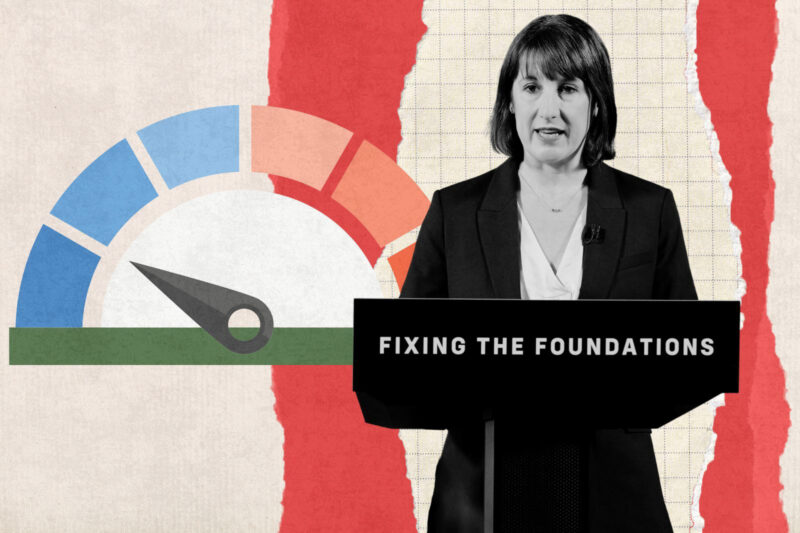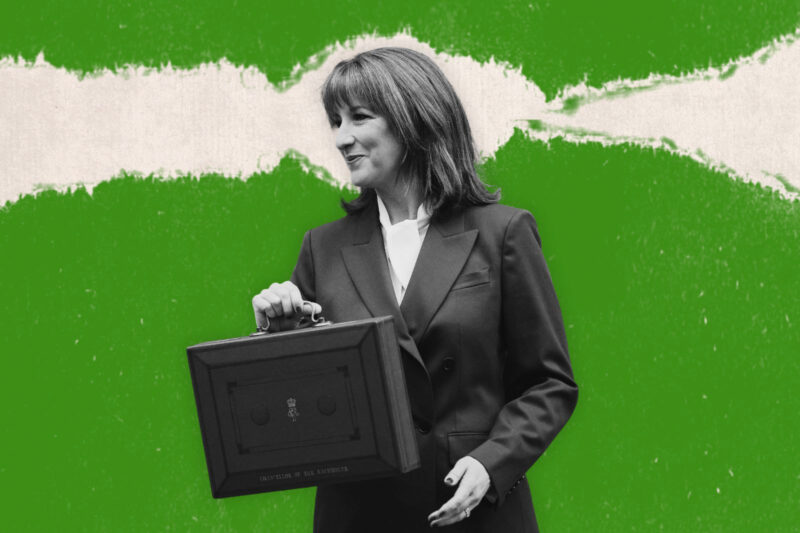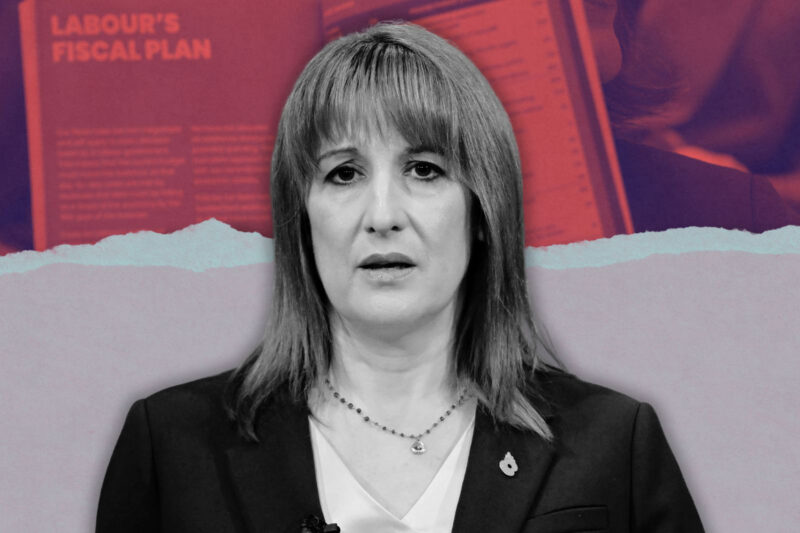Starmer got into politics to ‘change lives’. MPs say constituents are getting impatient
Labour is set to unveil a new set of pledges on the NHS, housing and living standards. Will it be enough?

Keir Starmer is gearing up to unveil his Plan for Change, a roadmap for the next few years of Labour government. Just don’t call it a reset — that’s the message from the Labour spinners. Instead, Starmer’s speech is meant to show us where Labour intends to steer the nation and give us stone cold targets against which we can measure its progress.
You could be forgiven for thinking you have heard this all before. Starmer set out five Missions for Government in 2023 and six Steps for Change earlier this year. And some of tomorrow’s promises, trailed to political journalists over the weekend, will sound familiar — shorter NHS waiting lists, more houses and a greener planet — though we are also expecting explicit pledges on raising living standards and cutting crime, which did not feature in these earlier iterations.
Repetition or not, these targets will not be meaningless. They provide a clear framework for accountability and Labour figures hope they will motivate departments across Whitehall to get things done. But ultimately they need to resonate with people’s everyday lives. The government can’t just promise change: it has to deliver it where it matters most, in the realm of people’s day-to-day experiences, or people will soon get frustrated.
One Labour MP told me last week about a constituent who recently gave her both barrels. “Life’s no better since Labour got in,” they said to her. This may or may not be fair — transforming the country does not happen in just five months — but it speaks to a growing frustration that many are feeling. After years of economic turbulence, sky-high inflation, and stagnant wages, people want action, not excuses — and they want it quickly.
One of Starmer’s most ambitious targets will be to improve living standards, which speaks directly to this. It is a noble goal but there is a steep hill to climb. After October’s budget, the Office for Budget Responsibility projected that real household disposable income would be 1.25% lower in 2029 than in 2024 — largely as a result of measures announced by Rachel Reeves. That is a grim forecast for a government trying to convince people they are better off under Labour.
A number of MPs I have spoken to tell me they believe this new set of promises is partly motivated by a decline in both Labour and the prime minister’s popularity since the election. It is an attempt to ensure that the public knows what the government is working towards and why.
At -32%, Starmer’s approval rating has seen the most significant collapse of any prime minister after winning an election. While some of Labour’s woes can be pinned on tough economic decisions, inherited from what Starmer calls the mess left behind by the Tories, squabbles with pensioners over winter fuel payments, a national insurance hike for employers and changing inheritance tax rules for farmers were not exactly popular policies. Then there are the unforced errors: the freebie scandal, Sue Gray’s contentious departure from Number 10 and the resignation of transport secretary Louise Haigh over an issue Starmer knew about when he appointed her. The government has had a rocky start.
When I put his significant decline in approval ratings to the prime minister during a recent interview, he appeared to brush it off, saying he was trying “to change lives for the better”. Privately, though, many tell me that refocusing the government and shifting the agenda back onto policy ambitions would be no bad thing for Starmer.
Forgive me for sounding cynical, but I am old enough to remember Rishi Sunak’s five promises in 2023. Voters around the country regularly tell me that they think all politicians are the same: they say the same things and do not deliver them.
Targets are a useful way of focusing government departments, but ordinary people already have their own ways of measuring Starmer’s success. If visiting the hospital feels like navigating chaos, or if your wages buy less and less each month, lofty words about change and new goals are unlikely to convince you a government is doing well. If Labour and Starmer want their popularity to improve, they will need to actually do what the prime minister told me he got into politics to do: change lives.
Shehab Khan is an award-winning presenter and political correspondent for ITV News.
 Newsletter
Newsletter













